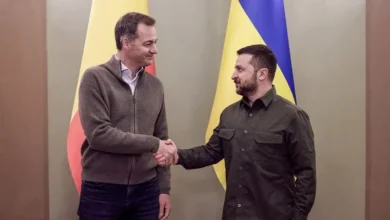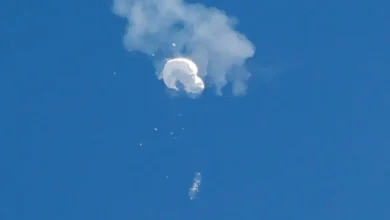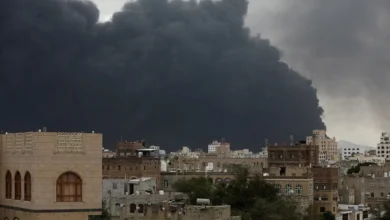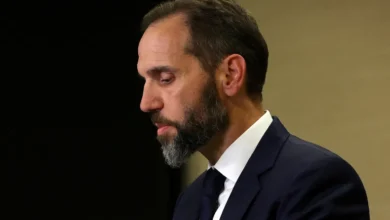Could Israel’s Netanyahu be about to agree to a Gaza ceasefire?

Indications that Israeli Prime Minister Benjamin Netanyahu could be ready to agree to end the assault on Gaza that has killed 44,800 people – with thousands more lost under the rubble and presumed dead – could raise hopes of an end to the war.
After meeting with Netanyahu this week, United States National Security Advisor Jake Sullivan said he “got the sense” Netanyahu was “ready to do a deal”. Until now, Netanyahu has been seen as blocking any chances of a ceasefire.
In September, Netanyahu’s 11th-hour objections sank a ceasefire deal that was reportedly near being signed. Documents he used to justify his decision to continue bombing Gaza were later found by Israeli authorities to have been forged.
Since then, the International Criminal Court (ICC) has issued arrest warrants for both men for war crimes and crimes against humanity committed in Gaza since the war began in October 2023.
On Wednesday, the UN General Assembly (UNGA) passed a resolution calling for an immediate ceasefire in Gaza and expressing support for the work of UNRWA (UN’s agency for Palestinian refugees), which Israel banned from operating in Israel and the Palestinian territory.
Rumours that a ceasefire agreement may be close are near-constant among those trapped in the enclave, desperate for an end to the bombardment.
“In the last week, there have been two, maybe three occasions where the community around us erupted in cheers and whistling and applause because of rumours that there has been an agreed ceasefire,” Louise Waterbridge, senior emergency officer at the UN Relief and Works Agency (UNRWA), told Al Jazeera.
The north of Gaza remains under total Israeli siege, with 65,000 to 75,000 Palestinians trapped behind the siege lines, the UN estimates, as the Israeli military has prevented aid from reaching them. Israeli forces have essentially cut off the northern part of Gaza from the south.
Aid organisations have long warned of famine in Gaza, and many believe that it has already taken hold in north Gaza.
Is Netanyahu bending to international pressure?
It’s unlikely.
Israel increasingly sees itself as “defiant” of the international community as it continues to launch attacks on Syria, effectively annexed areas of southern Lebanon and additional areas of the occupied Golan Heights in Syria.
Just before the UNGA vote this week, Israel dismissed UN objections to its invasion of Syrian territory, saying its actions are necessary to “secure” its borders from the buffer zone that has been there, policed by the UN, since 1974.
It also called on Israel to make reparations to Palestinians for damages incurred by the occupation.
The UNGA, whose mission includes promoting “respect for human rights and fundamental freedoms”, includes every sovereign country in the world, so Wednesday’s vote underscores the depth of the international opposition to the Israeli occupation of Palestine.










